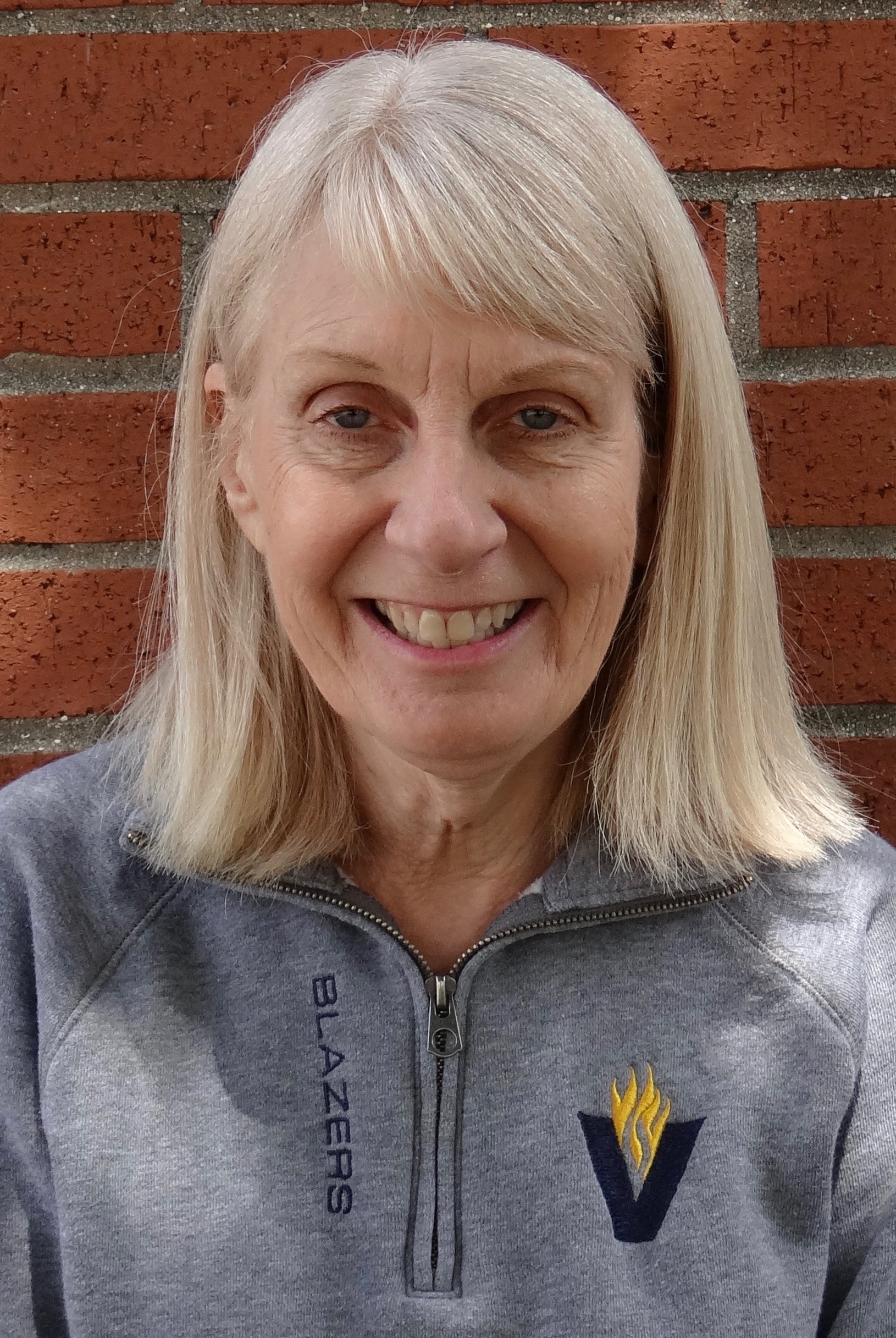VU faculty sharpen online instruction skills - External Relations
VU faculty sharpen online instruction skills
July 15, 2020
VINCENNES, Ind. – Vincennes University faculty members have worked tirelessly to provide outstanding learning experiences for students in the wake of the COVID-19 pandemic. More than 120 full-time faculty are spending their summer preparing for the upcoming fall semester by learning the best practices and tools for successful virtual teaching.
The faculty are enrolled in an eight-week Transitioning to Online Teaching Certificate program by Blackboard, the largest education technology and services company in the world.
VU’s adjunct faculty are equally committed to offering the best learning environments for students. Many have chosen to participate in a similar training opportunity developed by VU’s Center for Teaching and Learning.
Dr. Laura Treanor

“VU provides high-quality instructional programs and that starts with our faculty. VU values personal growth and academic excellence and our faculty embrace the growth mindset that is necessary to ensure that. I believe that this is key to their success. They know that their teaching talents and abilities can be refined through training and hard work, and they are always looking for opportunities to expand and improve their skills,” VU Provost and Vice President of Instructional Services/Dean of Faculty Dr. Laura Treanor said.
When VU pivoted to online teaching and online learning in March to safeguard the health and well-being of the campus community, faculty stepped up to deliver quality education from a distance. They remain committed to supporting students in meeting their educational goals and keeping them on track toward a degree or certificate.
Dr. Cynthia Ragle

“This training supports VU’s drive of continuous improvement and supports our goals of retaining and graduating students. Faculty are advancing their training and deepening their understanding of engagement with content and students,” said College of Social Science, Performing Arts, and Communication Dean Dr. Cynthia Ragle.
The goal of the program, said Treanor, is “to build confidence and competence with our online and remote instructional delivery through Blackboard. This is done through a series of intensive workshops.”
Treanor is very proud of the faculty for committing to the workshops and investing their time.
The Blackboard Academy Transition to Online Teaching Curriculum includes a series of workshops: “Design and Development of Online Course Content”, “Design and Development of Online Assessments”, “Online Facilitation using Blackboard Collaborate”, and “Support and Success of the Online Learner.”
Michelle Cummins

“It is extremely important to VU to provide faculty with the right skills and competencies to effectively use technology in their teaching,” College of Health Sciences and Human Performance Dean Michelle Cummins said. “With so many unknown variables, it is exciting to learn about new online techniques, strategies, and methods of instruction. Learning how to incorporate these various methods and techniques helps to ensure that the individual learning styles of students are taken into consideration. The faculty’s passion and preparation will be evident to students when they return. Being ready and prepared will help provide a sense of calm for the student to know he/she will get the best education possible.”
Susan Brocksmith

Susan Brocksmith is department chair of the Agribusiness and Cosmetology programs. She has used Blackboard for over 10 years and she says the certificate has given her new tools to be a better teacher in the hybrid and online setting.
“I will be able to make my classes more engaging through quick polling to make sure students are learning the concepts. The breakout rooms will allow students to develop ideas in student groups and then report their findings back to the whole class,” Brocksmith said.
Beverly Burch

Virtual teaching is fairly new to English Professor Beverly Burch.
“I am learning how to design and develop online course content, which I especially need because even though I have used Blackboard for the past 15 years to enhance my face-to-face classes, I had never taught an online course until the last eight weeks of this past spring semester,” Burch said.
The Transition to Online Teaching workshops are providing Burch with more confidence to teach virtually as well as greater proficiency.
“More than just content, I have learned so much from other faculty by participating in the course discussion boards. Each faculty member has unique and creative ways to use Blackboard that I would never have thought of on my own,” Burch said.
In addition to increasing her knowledge of Blackboard, Burch has learned a great deal from taking an online course herself.
“After many years in the classroom, it is good to switch roles and be reminded what it feels like to be a student,” Burch said. “When I first started the Academy classes, I felt frustrated when I didn’t understand new material and dreaded taking the tests and completing the projects. Everything felt overwhelming. It takes discipline to spend hours completing these four courses, and I had to work on overcoming procrastination. I felt the pressure of having deadlines while juggling my work schedule and family life. These are the exact emotions that students feel at the beginning of their courses, so this has given me more empathy for what my students this fall will be dealing with.”
Ron Wise

Chair of the Art and Design Department Ron Wise is already using the skills and knowledge he is gaining while planning the structure of his fall courses.
“My courses will be taught as hybrid delivery, so a large portion of the class resources and instruction will be online,” Wise said. “This training is providing me with tools and concepts for making the online course more interactive. I think this is very important for the online learning environment.”
VU faculty are adapting and finding unique ways to reach their students. They are reaching students through alternative methods extending beyond traditional coursework, which is crucial amid this fluid pandemic.
“Students need to be engaged and feel part of a larger community to promote learning online,” Wise said. “I plan to use the interactive whiteboard tool for creative brainstorming sessions where students can interact with each other to create design concepts as a team. This should be a great motivator for them to learn and grow as designers, but also build relationships with fellow students to create a community just like in the physical classroom.”
###
